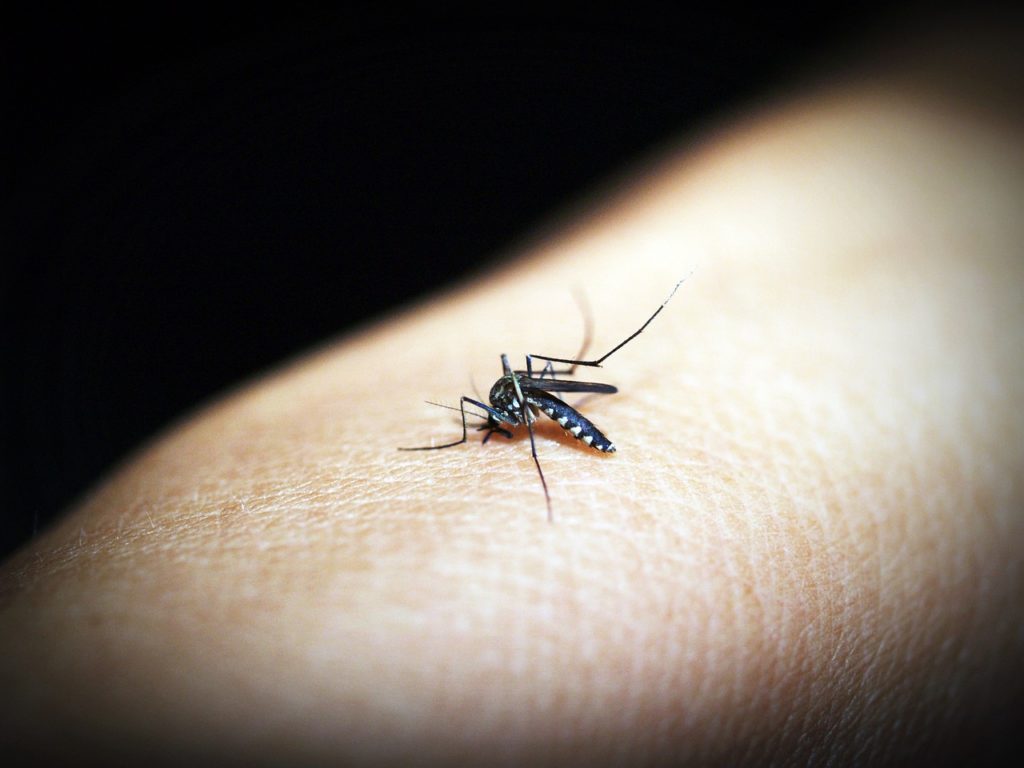NAIROBI, KENYA – Researchers at the International Center of Insect Physiology and Ecology (ICIPE) in Nairobi may have made a major breakthrough that could finally end the plague of malaria.
 Residents of tropical regions in developing countries are especially prone to bites from the infamous malaria-carrying female Anopheles mosquito. An average of 400,000 people die from the vector-borne disease every year. Many of them are children.
Residents of tropical regions in developing countries are especially prone to bites from the infamous malaria-carrying female Anopheles mosquito. An average of 400,000 people die from the vector-borne disease every year. Many of them are children.
Although the annual death toll has diminished over the past 40 years, infection rates have recently risen. Scientists have discovered that the mosquitos are developing a resistance to the insecticides used to coat bed netting. The same is true, as well, for those sprayed in and around homes.
Discovery
Hope has risen since researchers at ICIPE have stumbled upon what appears to be a highly effective strategy that could lead to the eventual complete eradication of malaria in humans. Even in mosquitos.
Researchers working in mosquito-infested areas near Lake Victoria discovered a microbial fungus, Microsporidia MB, that “completely protects mosquitos from infection.” If the mosquitos can’t carry the parasite, they can’t transmit it.
Dr. Jeremy Herren told reporters from BBC News that mosquitos carrying the microbe appear to be completely protected from and devoid of the malaria parasite. “The data suggests … 100% blockage.” He lauded it as a “real big breakthrough.”
Dissemination
The University of Glasgow Center for Virus Research said the Microsporidia MB has “enormous potential.”
Testing is ongoing. Laboratory results indicate that the microbial fungus not only prevents the malaria parasite from finding a safe harbor in the mosquitos, but it also does no apparent harm to the mosquito, which helps to protect the balance of nature.
Scientists now must find a way to “infect” the mosquito population with the microbial spores. Part of the challenge is finding an effective way to mass-release the spores into malaria-breeding hot spots or choosing, rather, to introduce the spores into mosquitos in the laboratory and wait for the spores to reproduce in the mosquito mating process.
The latter method is particularly difficult because it requires getting the mosquitos into the lab in an orderly fashion, finding a really tiny hypodermic needle, and getting the mosquito to sit still long enough to vaccinate it.
Of course, we are kidding in that previous paragraph. Think of it this way. Malaria is no laughing matter, but this discovery that has the medical research community all abuzz appears to be a reason to rejoice.
It will take a bit of time to complete additional trials, understand how the microbe spreads, and determine the best means of Microsporidia MB dissemination. Nonetheless, the complete defeat of malaria may be on the horizon.
Read more news on Health Issues and Malaria on Missions Box.
Sources:
- The Good News Network, Breakthrough For Kenyan Scientists Who Discover Natural Microbe That Completely Stops Malaria in Mosquitoes
- Nature Communications, A microsporidian impairs Plasmodium falciparum transmission in Anopheles arabiensis mosquitoes
- ICIPE, Official Website
- Wikipedia, International Centre of Insect Physiology and Ecology
- The Conversation, Breakthrough: microbe found to block the transmission of malaria
- BBC News, Malaria ‘completely stopped’ by microbe




